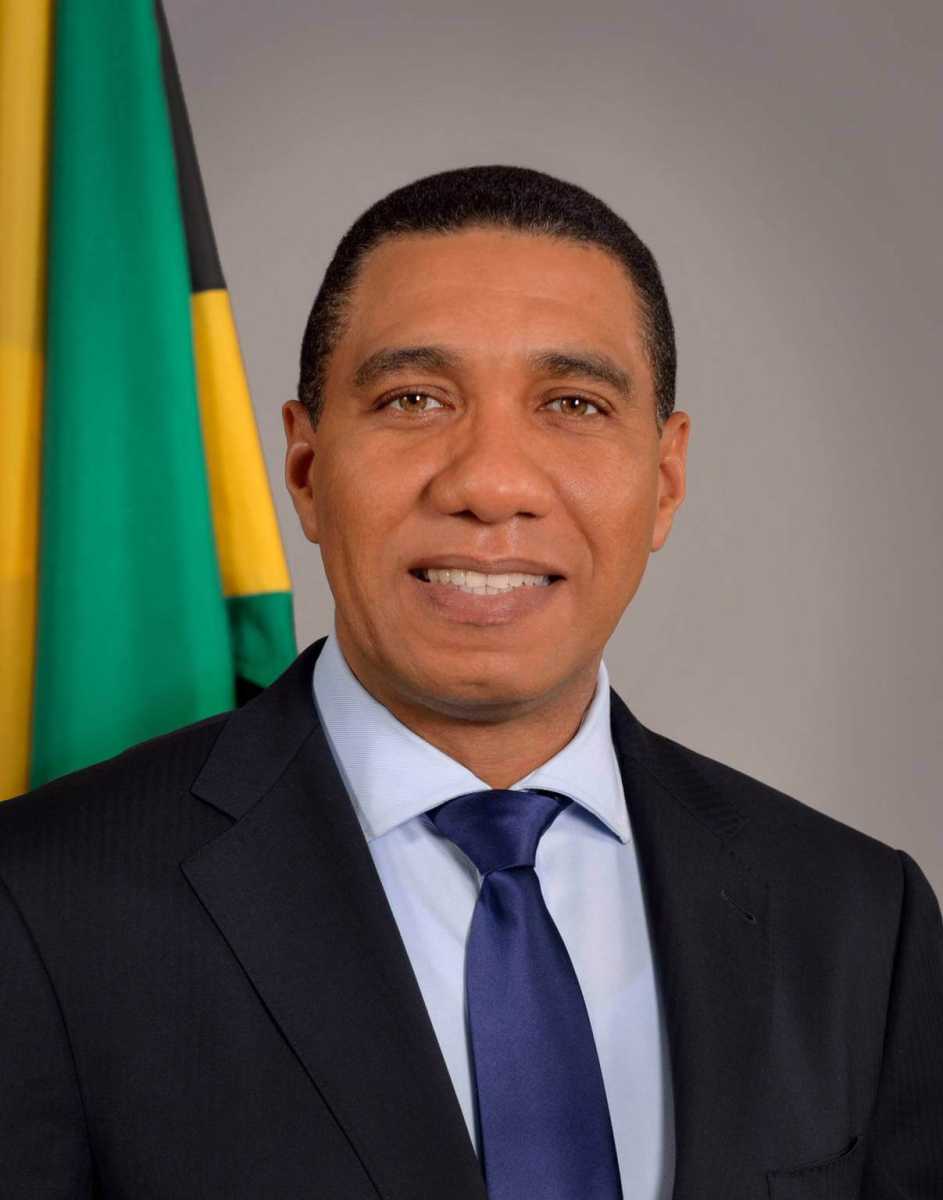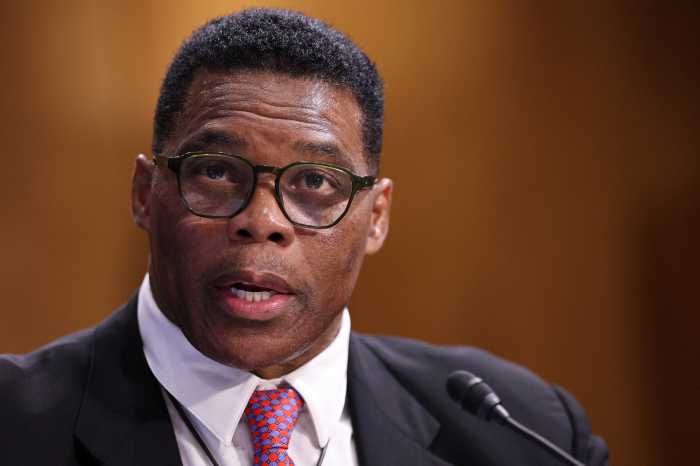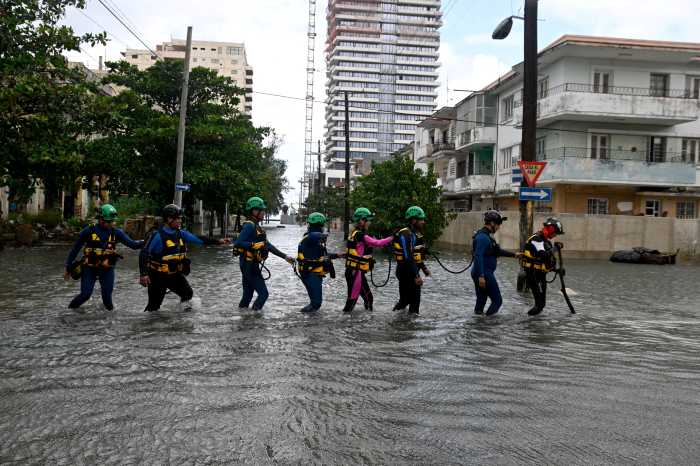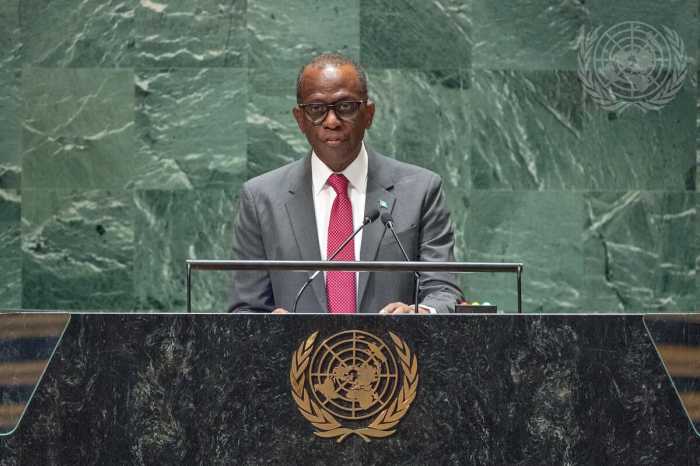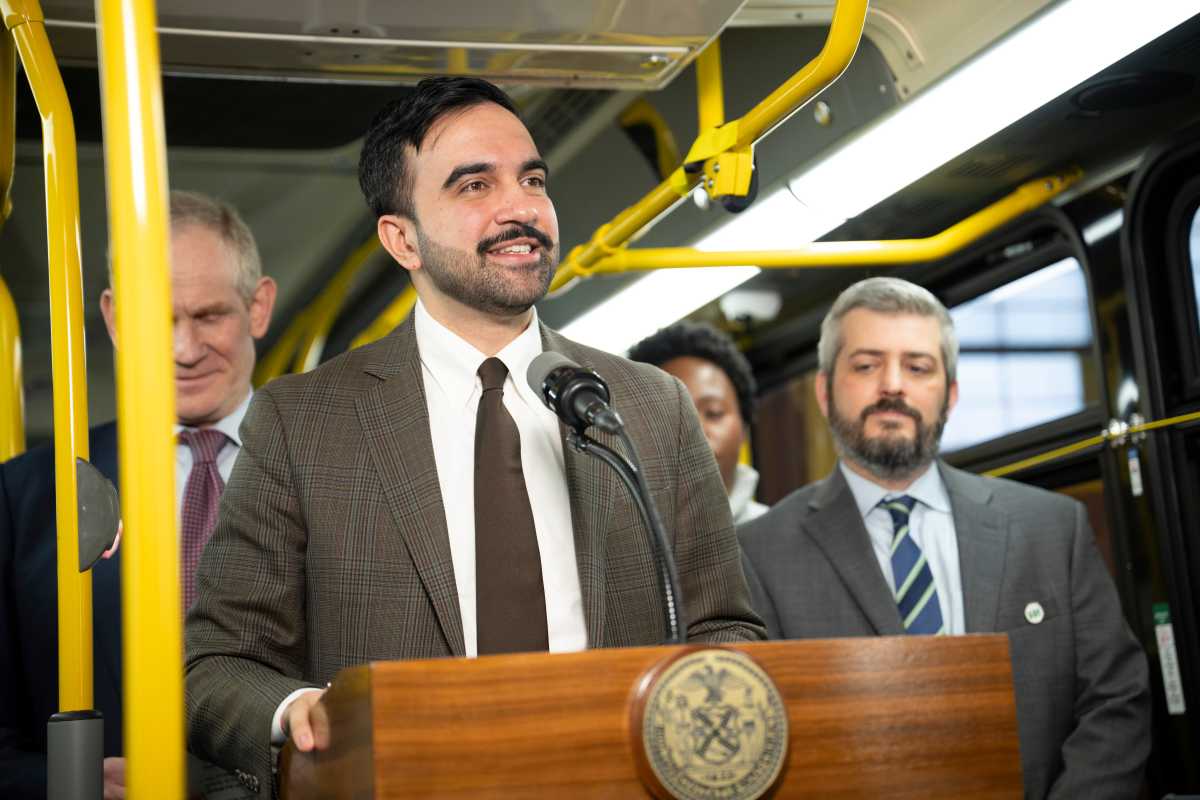Bahamas
According to Deputy Prime Minister Chester Cooper, the Bahamian government is moving swiftly to restore the Florida-Bahamas air routes after Silver Airways abruptly terminated operations on June 11 after filing for bankruptcy.
This disrupted services to several key destinations, including North Eleuthera, Governor’s Harbour, Exuma, Marsh Harbour, Bimini, Freeport, and New Providence.
However, beginning June 23, the national carrier Bahamasair will increase flights to fill the gap caused by the collapse of the Florida-based carrier Silver Airways.
“Regrettably, yesterday we saw the collapse of Silver Airways, which services many of our islands from cities in Florida. We regret this and that it has caused some inconvenience,” Cooper said.
“These routes were very vital for Bahamians living on the islands, as well as for visitors,” he added.
He said that while the Ministry of Tourism is discussing strengthening service with other carriers, he confirmed that Makers Air will provide daily direct service to New Bight, Cat Island, and increase frequency to Long Island.
“These enhancements are directly tied to our mission-driven marketing efforts and reflect growing demand for our more untouched, authentic island destinations,” he said.
The ministry is also working to expand international airlift, particularly from Canada, and added that the new routes are intended to open more of the Canadian market and improve access to the Family Islands.
“New flights have been secured from Toronto, Montreal, Halifax, Calgary, Hamilton, and Ottawa through partnerships with Sunwing, Air Canada, and WestJet.”
Barbados
Barbados secured a $54 million loan from the World Bank to repair vital infrastructure and support communities affected by Hurricane Beryl. The initiative, aided by the European Union, will focus on restoring the fisheries sector, strengthening coastal areas, and enhancing national disaster response systems.
Minister of Economic Affairs and Investment Kay McConney highlighted the importance of the partnership between Barbados and the World Bank.
“We are proud as a Government of Barbados now to be joining with the World Bank to activate this $54 million loan,” she said. “This partnership represents resources to accelerate the recovery that has already started and also to build our capacity in the sectors that are most affected.”
“Our response to bring about recovery-not only in the lives, but in the livelihoods of the people most affected and our response to strengthen the infrastructure and the systems that enable resilience… that is where we take responsibility,“ she said.
The loan, to be distributed over six years, will facilitate repairs and improvements at key locations like the Barbados Fisheries Marina and Bridgetown Port and severely impacted coastal areas such as Payne’s Bay and Six Men’s.
Dr. Norea Cherasko, the World Bank’s Senior Disaster Risk Management Specialist, explained the project’s implementation plan.
“The first component is really focusing on the immediate response and recovery from the hurricane,“ she explained. “We are providing financial assistance to fishery folks so that they can repair and replace the damaged boats.”
Local financial institutions will manage loans for fishermen, and ongoing work is already visible on the ground. This includes progress on infrastructure rebuilding, like the completion of the breakwater by around the end of August.
Grenada
The Ministry of Agriculture has launched a national breeding program to boost local food production.
The ministry recently distributed 10 high-quality boars to farming communities as part of the broader Food Security Enhancement Program, which the World Bank funds.
Grenada aims to decrease its reliance on imported food by developing a stronger agricultural system to withstand global supply chain issues and climate change.
The island faced increased vulnerability to food insecurity, leading the government to take action.
A shipment of 468 animals, costing over EC$4 million, was imported from the US, including 144 pigs, 159 goats, and 165 sheep, to enhance local breeding efforts and livestock quality.
Agriculture Minister Lennox Andrew highlighted the crucial role of local farmers in tackling food shortages.
Local farmers are essential in feeding the population and have broader regional implications for increased domestic production.
“These farmers will be able to feed our people, their families, and eventually the region,“ he said.
Dr. Kimond Cummings, the chief veterinary and livestock officer, considers the event significant in Grenada’s agricultural history.
The animals had to undergo a strict 6-8-week quarantine period to confirm they were disease-free before being introduced into the local farming system.
The breeding program plays a crucial role in Grenada’s overall strategy to support farmers, enhance local food availability, and ensure food security despite global uncertainties.
Guyana
The Guyana government has exceeded regional expectations for agricultural production by achieving 88% of production targets one year ahead of schedule.
The Ministry of Agriculture described the achievement as an opportunity to “provide clarity and context on the policy measures, data trends, and production outcomes.”
With CARICOM’s goal of reducing the region’s food import bill by 25% by 2030, Richard Blair said that Guyana has tremendously exceeded its targets.
“Guyana’s performance was nothing short of exceptional, exceeding the region’s average achievement rates,“ Blair said.
Guyana significantly increased food production from nearly 899,000 metric tonnes in 2022 to 1.26 million metric tonnes by 2024, with notable growth in rice, brackish water shrimp, corn, soya, and prawns.
The increase in food production resulted from robust supply-side interventions driven by improvements in infrastructure, technology, and policy reforms.
Despite global challenges, Guyana and the region aim to achieve further growth by 2030, shifting focus from nominal reductions in food import bills to measuring inflation-adjusted import reductions.
Due to factors like the Russia-Ukraine war and disruptions in global food supply chains, even if the quantity of imported goods has not increased, the increased prices show that progress has not been made.
“The extension of the CARICOM’s 25% by 2025 initiative to 2030 reflects a strategic shift towards achieving concrete production targets rather than relying on reductions in the nominal food import bill,“ he added.
Jamaica
Prime Minister Andrew Holness highlighted that under the leadership of the Jamaica Labour Party (JLP), there has been a consistent decrease in murders and serious crimes over the last three years.
The government has significantly reduced the murder rate consecutively from 2023 to 2025, demonstrating a positive impact on the country’s overall peace and security.
“There are people who are reluctant to admit it, there are partisan people who will try to spin it in all kinds of ways, but no one can question that an intractable problem of murders and serious crime has been cut not one year or two years but for three consecutive years. This government has reduced murders and serious crimes, putting us firmly on the pathways to peace,“ Holness said.
“In 2023, we reduced the murder rate by 7.5 %, almost 8 %. In 2024, we reduced the murder rate by 19 points odd %, nearly 20 %.
In 2025, we are now 44 % down. Half of the year almost gone. We have put the country on a solid trajectory. All who don’t want to admit that is badmind. (We have) profoundly changed the life of this country, and if we continue on this trajectory, it’s a new Jamaica that will emerge,“ Holness continued.
Holness commended his administration’s economic progress, emphasizing improvements in the economy’s resilience and recovery from the challenges posed by the COVID-19 pandemic.
He added that the government’s efforts have led to an increase in the minimum wage and a decrease in unemployment and poverty rates, showcasing a positive trend in economic development.
“Now we must focus on using the dividends of those achievements to make your local economy and your household economy, of which you are the minister of finance, realize these dreams that you have. So, we have allocated $45 billion under the SPARK program, and we are allocating $10 billion this year for water. And right here in your constituency… five water projects of $500 million that will change the lives of several communities in addition to those that I have done already,“ Holness said.
These infrastructure developments are set to improve the quality of life for various communities significantly.
Trinidad and Tobago
The US Government has donated US$207,000 to the Health Ministry of Trinidad & Tobago, including hospital mobile beds, bedsheets, and essential medical supplies to help replenish critical inventory in emergency and surgical wards.
The donation is part of the US government’s commitment to supporting T&T’s healthcare system and was facilitated through the United States Southern Command’s Humanitarian Assistance Program.
US embassy deputy chief of mission Charlie Franta said, “This donation is another example of the US commitment to T&T and underscores our strong bilateral ties.
Last December, the US provided disaster relief equipment and supplies valued at US$100,000 to several agencies in T&T.
These donations are part of a larger SOUTHCOM humanitarian assistance program that has seen more than US$10 million in support provided to T&T over the past decade.”
Health Minister Dr. Lackram Bodoe expressed gratitude for the donation after receiving it at the ministry’s headquarters in Port-of-Spain recently and said, “Today’s donation reaffirms that healthcare is a shared responsibility that transcends borders.“
“It represents not only the responsiveness of our partners to the expressed needs of our hospitals but also the spirit of cooperation that defines our bilateral relationship.
“With increasing demands on our public health system, these resources will go a long way in boosting our operational capacity and improving patient outcomes.“
Compiled by Devika Ragoonanan


